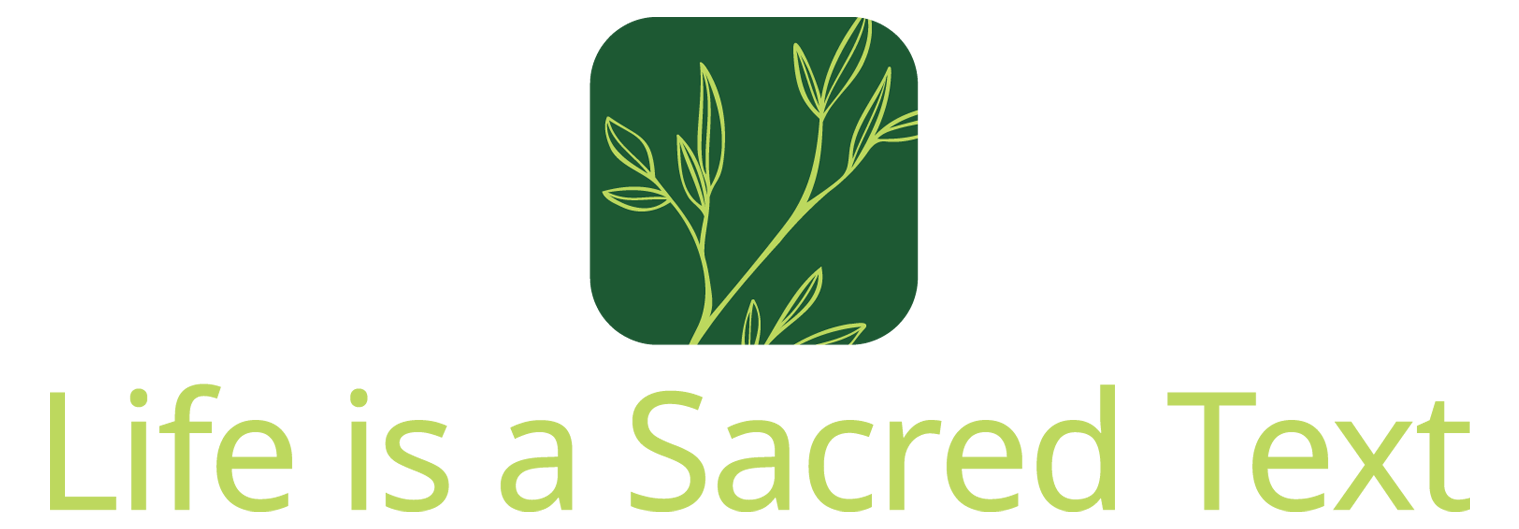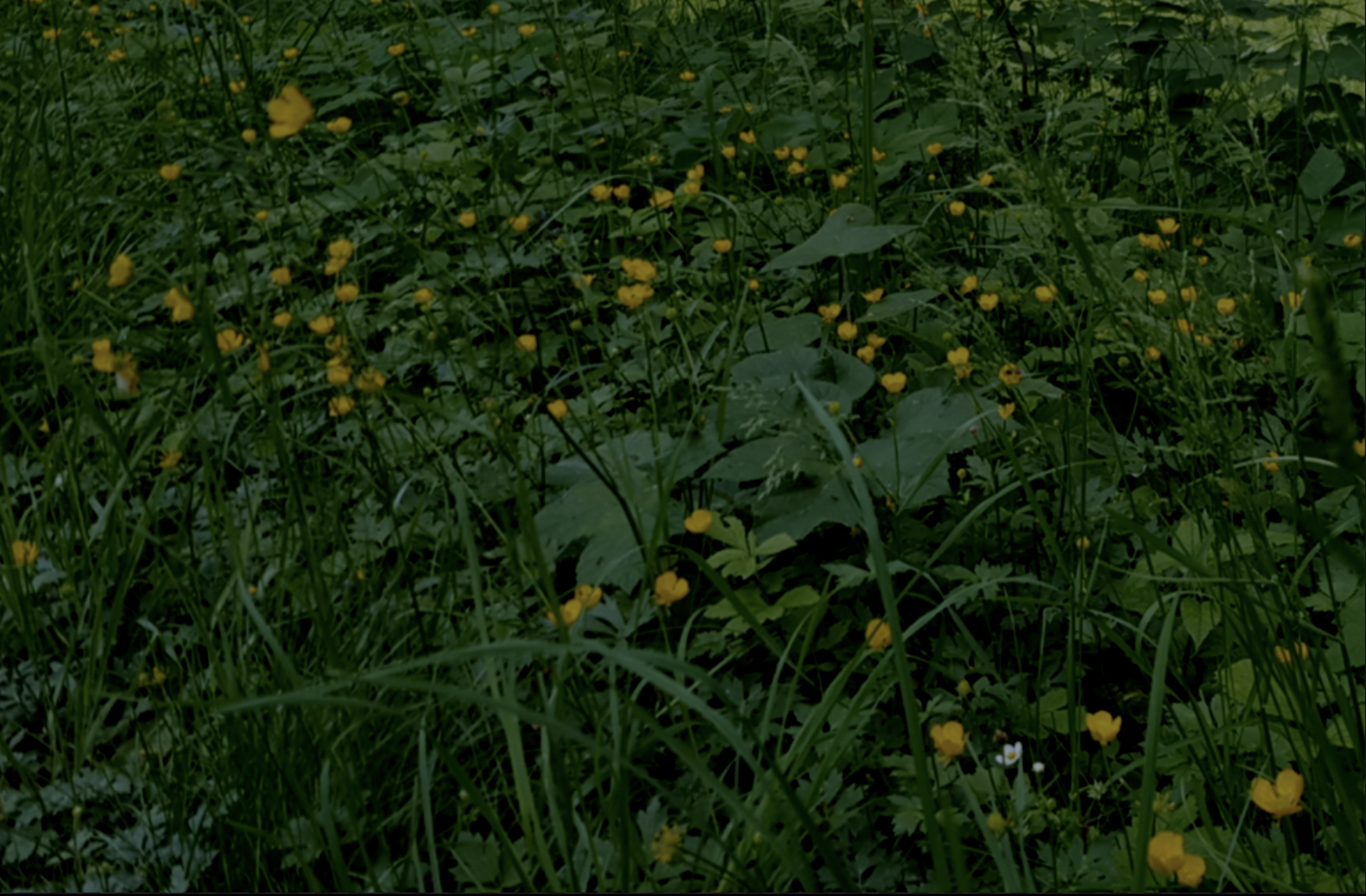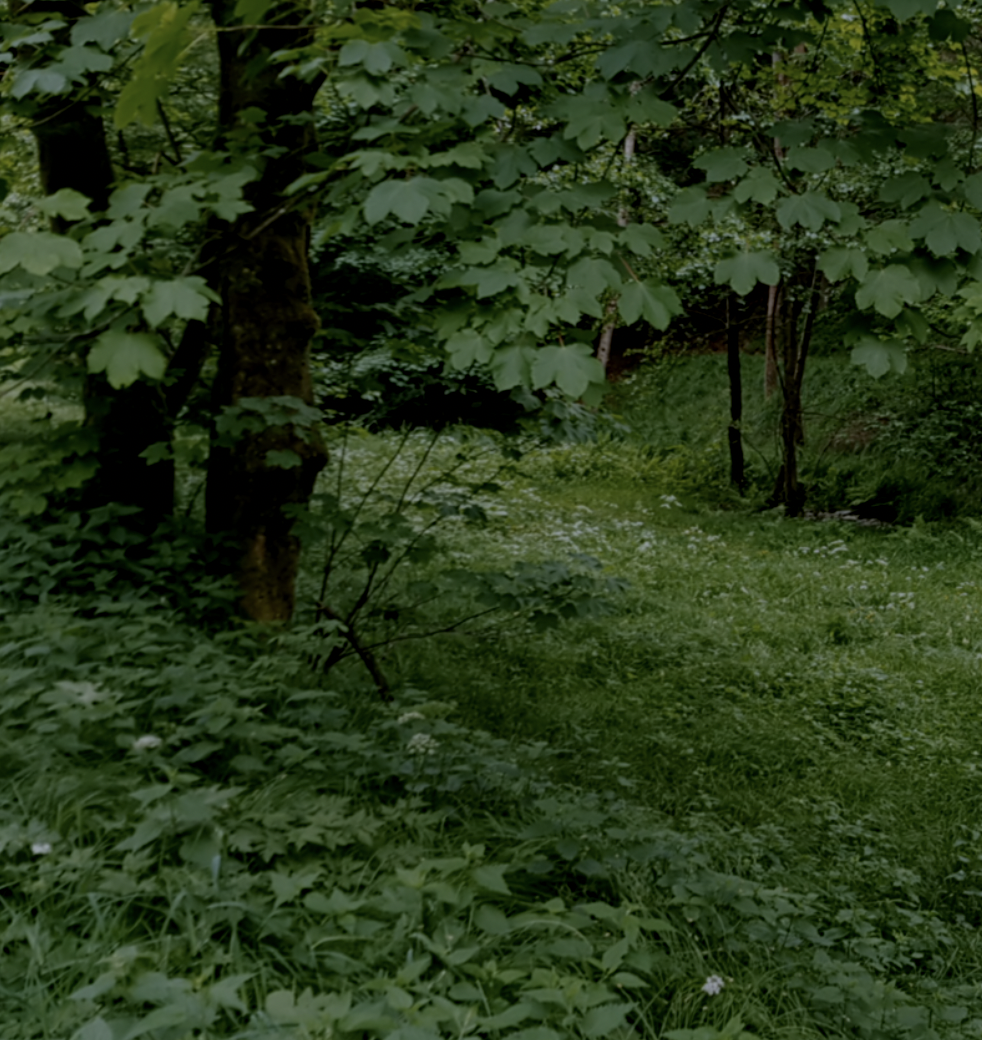THE GOOD TROUBLE CHECKLIST
keep all your shenanigans in one place
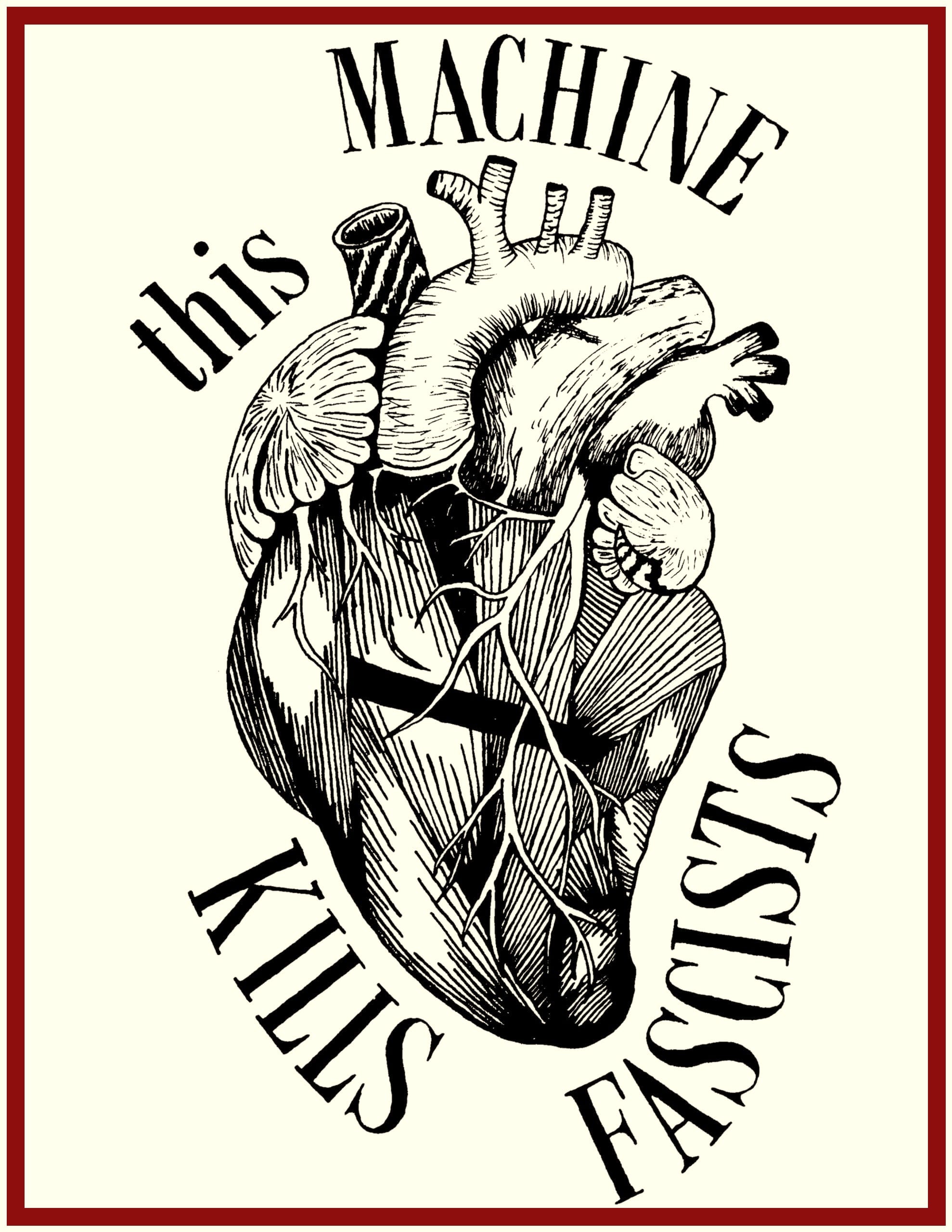
This is Life as a Sacred Text 🌱, an everybody-celebrating, justice-centered voyage into ancient stories that can illuminate our own lives. It‘s run on a nonprofit, so it’s 100% NAZI FREE. More about the project here, and to subscribe, go here:
Many of us, I think, were inspired by Senator Corey Booker's phenomenal display of public protest on Monday night and Tuesday, breaking a record (previously held by a segregationist whose name can now be lost to history) for the longest-ever speech on the Senate floor.
And what was his closing charge? He quoted Egyptian pro-democracy activist Wael Ghonim,
"The power of the people is greater than the people in power."
And the great Rep. John Lewis:
"Go out and make good trouble, necessary trouble, and redeem the soul of this nation."
This here is a checklist.
It includes a lot of things that you can do, and some things that, well, you probably oughta do.
(What we mean will become clearer as you read.)
It is Part One of a two-part series collaboration between Zach Teutsch and your usual cruise director, Rabbi Danya Ruttenberg. (More about Zach at the end of the piece.) We’ve been friends through progressive Jewish communities since the first George W. Bush administration (remember when that seemed like the stupidest and evilest it could get??) … and when Zach suggested getting a list of our best practical, political, and spiritual ideas together in one place, RDR jumped at it immediately. Then, of course, the list got very long, so we've split this into two installments. Stay tuned for Part Two– with some very concrete ways to care for yourself and others during These Days– later this month.
Regular Life is a Sacred Text readers will not be surprised by some of these recommendations. But the thing with these kinds of reminders is that we often must hear them several times, and they might hit differently depending on the day. AND: lots of this is entirely new to this space, drawn from Zach’s expertise, insight, and brilliance and/or our collective jamming.
Needless to say, many of these items live in multiple categories at once. But! We thought that breaking them down in this way might make them easier to approach. Perhaps you can consider doing some of each category each week without feeling like you’re drowning–and while feeling buoyed by, hopefully, some of the other actions.
If it helps, perhaps you can have a discipline to pick one thing from each category each week to focus on. Or maybe you pick one or two main projects and a few smaller projects as goals for the next couple of months.
Use this how it feels useful.
Maybe not all of these things will feel relevant to you, based on either your situation or your capacities, skillsets, passions. But hopefully some of it will.
And the wonderful Rachel Riskind even turned the list below into an actual checklist, with estimates of time, money, and impact, and columns for tracking priorities and progress. Make a copy and edit as needed:
Feel welcome to add more ideas to the comments, so that others looking for additional ideas and perspectives can find it all here– one stop shopping.
The incomparable Sherrilyn Iffil, former director of the NAACP Legal Defense Fund, reminds us:
“People are doing things. You will meet those people when you start doing things.”
“I just don’t know what to do!” shouldn’t be something you say these days.
Here, some stuff to do:
THE BASICS
- Figure out what your lane is. Then figure out who is local to you and already doing some of that work. How can you be useful? How can you extend existing efforts? How can you show up and raise hell? Do something. You have time, or you have money, or you have talent, or you have connections, or you have a combination of things. Find your people and find your project. (More on all this as you read.)

- If you are in proximity to the wheels of harm OR in an org that is capitulating to this harm, what are the ways you can throw sand in the gears and slow the machines down? *cough* And! Do you know what your red lines are, and when they will have been crossed? Are you sure? I may refer you to this, by lawyer Rachel Cohen, as she models calling out the firm Skadden, Arps' cowardly capitulation upon realizing that they had crossed hers.)
- If you are someone on the outside of those wheels of power but you have privilege, how are you using it right now? What money, time, connections, energy, etc. are you leveraging in this moment?
- Yep, gonna keep saying this: Level up your political education. It's not about just marching in the streets, and there's so much lived and practical experience we can learn from, both historically and today. Book list is here. (Remember, audiobooks count too, and you can get those from the library these days as well! And don't forget that Libby and Hoopla are great library apps that get you profound book access if you have a library card--and there are ways to get access if that's an issue.)
COMMUNITY IS EVERYTHING
5. Figure out two-to-five local folks you know who are embedded in communities of which you are not a part and invite them out to lunch or coffee or a walk or somesuch. Get to know them better. Deepen bonds of relationship and trust. (And these people are awesome not just because they're part of some other community, right?? So it's win-win-win.) We need to be working in solidarity together and those relationships are crucial. That whole "love wins" business is built coffee date by coffee date, shared intimacy and connection by connection. Relationships are the core unit of changemaking. Then ideas for collaboration can percolate, then as things hit the wall you know who to call to mobilize together, then your community can have their community's backs and sides more easily and vice versa. Then as things get hard, you can have honest conversations with the basis of trust there, too. Those relationships are everything. Invest in them.
"How we spend our days is, of course, how we spend our lives."
–Annie Dillard
- Pay attention to your doomscrolling : human connection ratios. (And remember that human connection can happen via texting, phone calls, Zoom, if need be.)
- Helping someone find work is worth so much more than income. If you know a federal worker who lost their job, do what you can to help them find a new one. And, of course, lower-level visa holders are more vulnerable these days, so if you know immigrants trying to keep visas after losing work, finishing school or fellowships or etc. your connections and efforts truly matter.
- Have a friend over for dinner even if (maybe especially if!) your home is messy. It doesn’t have to be fancy! Make an omelet. Spaghetti and meatballs and bagged salad. Cook together. Get (back?) into the habit of bringing people into your space casually.
- Invite a bunch of people over for a potluck (Make some simple rules if needed so that everyone can eat comfortably, like, “vegetarian and vegan only,” or “please label all dishes with gluten” or “Please no nuts, Jiya is very allergic” or etc.) and make it clear from the initial invitation that you’ll also charge a sliding scale donation ($5-100, with $20 minimum for those who are able, eg), with all monies raised going to support those whose lives and safety are being targeted right now, or into a mutual aid fund, etc. Before the meal is over, decide who’s hosting next month, and perhaps if you’re raising money for the same cause or for a different one.
- Ask your older friends and relatives about times their / your family has survived oppressive governments.
- Go on a walk (or grab tea or sit in the park or etc) with a friend and really listen to how they’re doing.
FIGHT FASCISM
- Invite a group of people (from your PTA, your synagogue sisterhood, your stitch and bitch, your softball team, a mishmosh of the coolest people you know, whatever) to come sit in your living room to drink tea (or BYOB or etc) and decide how you're going to combine forces against evil right now. Here’s an agenda for your first meeting. (None of this means you should reinvent the wheel, as Mariame Kaba's words remind us in the graphic on #1.)
- Show up! There are so many ways. The Indivisible Movement is doing fabulous work; you can find all manner of actions, meetings, canvassing, phone banking and more through Mobilize.us. Fight censorship and for public space through Libraries for the People. Many other access points in Resources, below.
- New small (or medium, or big) talk question as you encounter people in your day-to-day: Ask people what's bringing them hope. You can also ask who benefits when we’re hopeless.
- Play Fight Fascism! RPG style: This is an excellent, short guide for thinking about your role in the larger movement against tyranny and many of those roles' relationships with each other. (Recommend even if you’re not a RPG person), and/or go choose your own adventure at Choose Democracy.org. Please also check this very helpful list of things to do.
- If you have Congressional representation, celebrate democracy by calling them every day. 5Calls is one great tool, but there are plenty of others.
As Sherrilyn Iffil notes:
We need to help open up a wedge between Trump and congressional Republicans. That can only happen if they feel pressure from their constituents. If you are in a blue state or a Democratic district, you need to push your representatives to engage the battle relentlessly, to “leave no power on the table,” and to use all of the tools available to them to resist.”
And a reminder, Senator Booker acknowledged that it was your calls that got him out there:
"I was challenged by my own constituents to do something different; I was challenged by my own constituents to do *something*; I was challenged by my own constituents to take risks..."
- If you are a citizen and have privilege, consider joining a local (Signal) group that helps protect people from ICE raids. Again: Getting embedded in local community is the best way to get into the loop. And: here's how to get things going if truly none exist proximate to you.
- Get into the streets and get some dopamine. This Shabbaturday is the big Hands Off National Day of Action. Go protest Tesla, a hospital capitulating to transphobia, a lawmaker in need of some negative encouragement, or somewhere else worthwhile. Beats Candy Crush? Plus you’ll meet some folks who share your values…win/win/win. Check here and here for actions.
- If you’re part of a religious community, tell your clergy how you see the policy implications of living your religious values, which might embolden them (since they so often only hear from people who tell them that they’re too “political,” or that they should try to stay neutral–as though the sacred texts themselves are).
- If you have expertise to share, be proactive in doing so. Check to make sure you're not reinventing the wheel or jumping in where others are already working, but if you see gaps that you can fill or ways to address a local need– speak up! Don’t wait around to be asked. Show up and share what you have to offer– we need you now.
- When you see the fascists being fought in the courts, it’s because someone good is litigating. Honor their work by making a contribution to the orgs on the case(s). For example: NAACP Legal Defense Fund, Public Citizen, State Democracy Defenders Action, Democracy Forward, Protect Democracy, and Lambda Legal. If you don't have cash on hand, talk them up and encourage others to chip in.
- Talk to your softball team, your PTA group, the folks you see after prayer services, your regulars at the cafe– all of your regular connections– about what you can do to make people's lives better now. Make these conversations part of your everyday chat. “How’d you like the sermon this week? Are you game to talk about how we can make people’s lives better now? Especially the people in danger today?” Yes, be that person. Normalizing fascism and horror happens when we're afraid of ruffling feathers and causing social discomfort instead of reminding people of our obligations to one another and democracy. Every German who was afraid of causing discomfort made it easier for the Nazis in the 1930s and 40s. So too, here.
ENVISION A BETTER FUTURE
- As much as possible, put your money in local and/or Black-owned and Indigenous-owned businesses. Invest where it matters.
- As mentioned in Life is a Sacred Text recently, mutual aid is a way for people in a community to support one another in the ways that they need it. It's less about one-way philanthropy ("us vs. them") and more about solidarity, relationship, connection, and reciprocity. This and this are two good starting places to find networks near you; you can also google your location and the words “mutual aid” to see what’s happening and how you can get involved. (Here's another list of places to support.) (There are also a lot of great guides online about how to start something new.)
- Support disabled and trans creators who are on the brink of losing crucial health care and other forms of access, as well as of course creators from the Global Majority. Subscribe to their newsletters, buy their work, kick in to their virtual tip jars, lobby for them to come to your community as paid speakers, and of course take them seriously as qualified job candidates.
- Don’t forget to dance.*
Lorraine Lam writes,
“First coined by Toi Derricotte, “joy is an act of resistance” has breathed new life into justice work, especially in Black feminism. …As Audre Lorde explains, joy gives us the “energy for change” to resist the oppressive structures and status quo that make us tired and apathetic; an exhaustive oppression that holds us back. ...Communities hammered down by systemic oppressions wave a giant “we will not be defeated” flag by continuing to have joy in the face of it all… Joy is recognizing that loss, sorrow, grief, anger, all have a place alongside the temptation to just cry out “everything is fine” when it’s not. Joy is an invitation to resist the status quo, and lean into the pursuit of justice.”
And don't forget the checklist that Rachel Riskind made of the above, with estimates of time, money, and impact, and columns for tracking priorities and progress. Make a copy and edit as needed:
RESOURCES

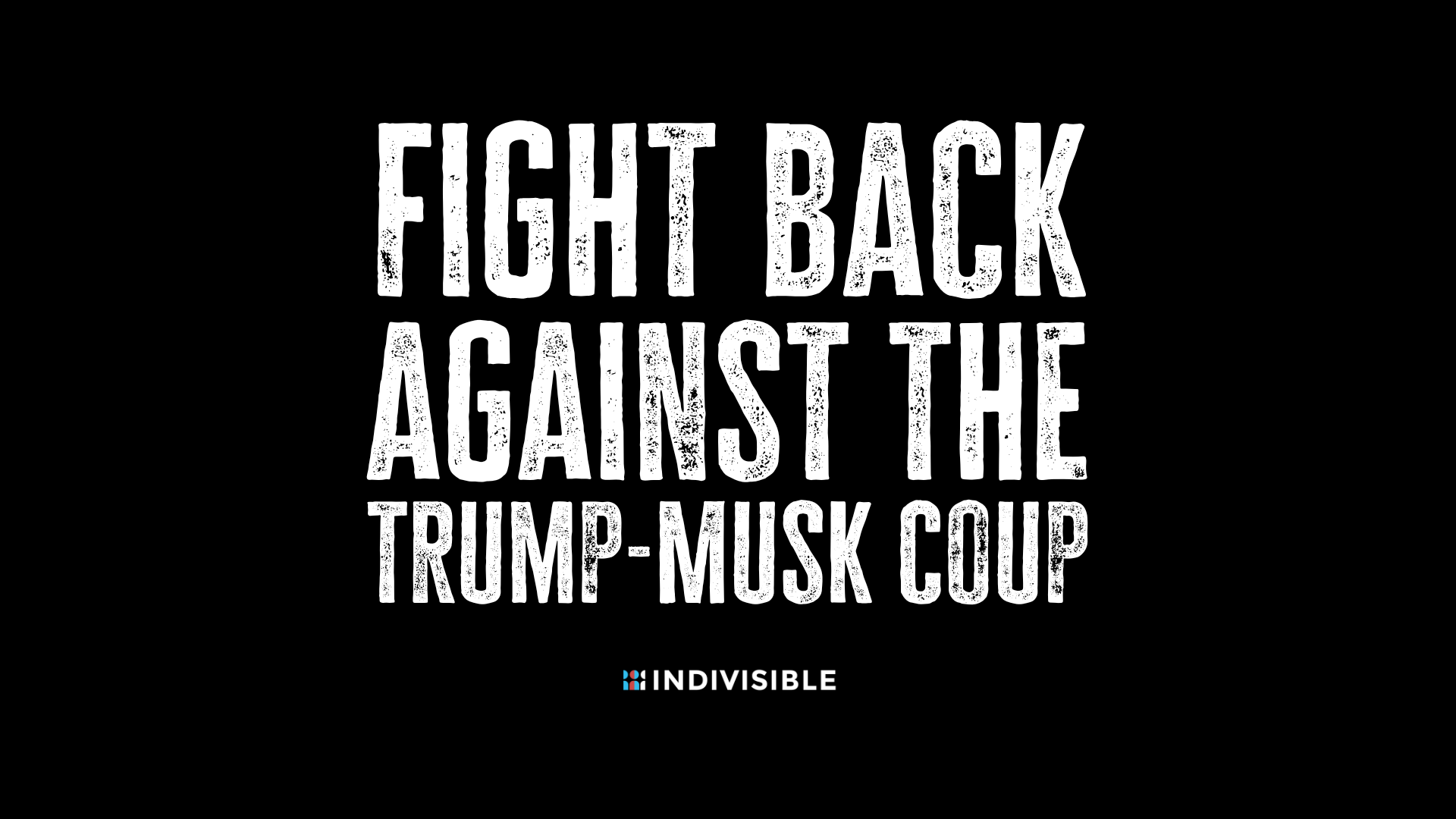






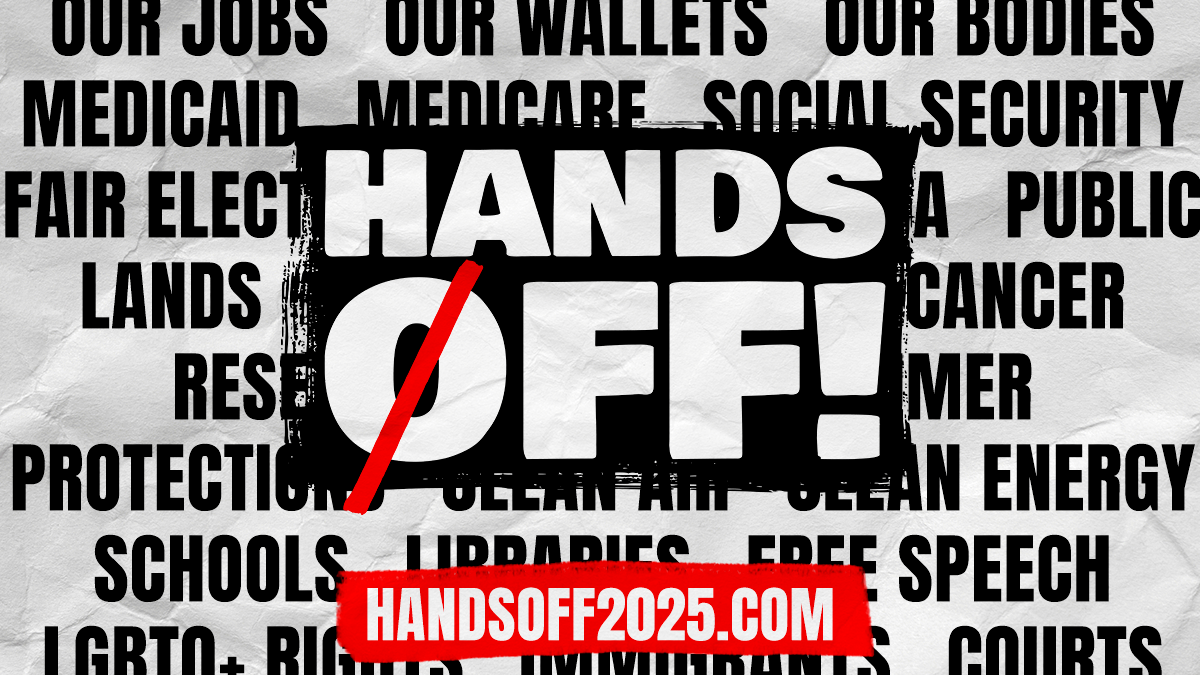
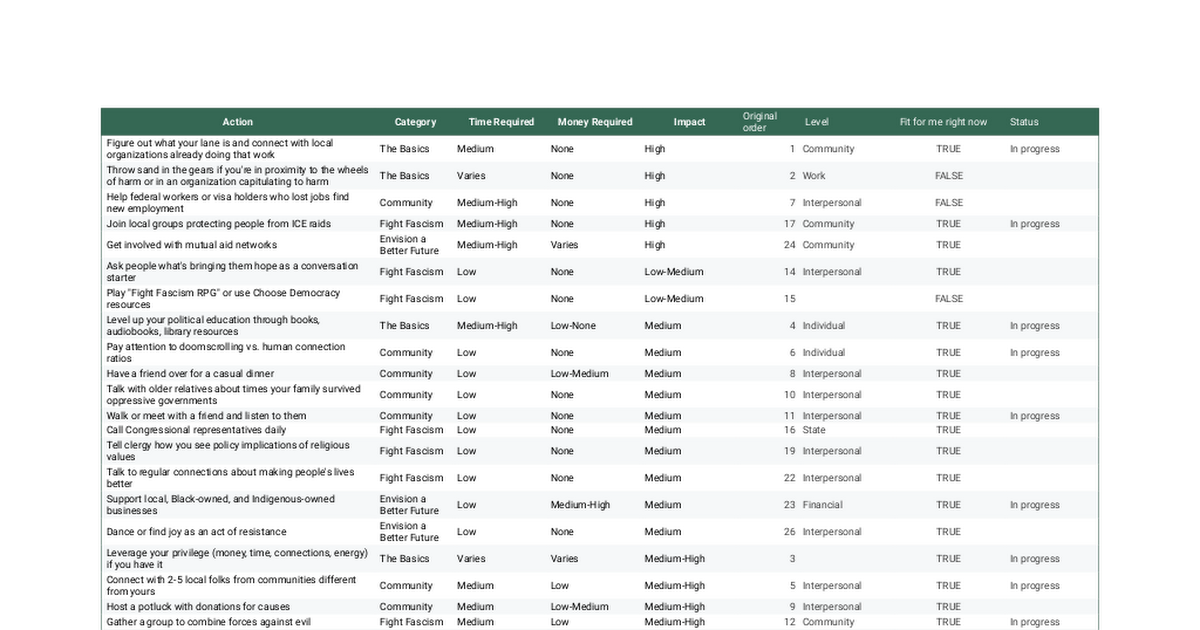

Zach Teutsch loves building communities; campaigns, organizations, mission-driven businesses, Jewish communities, you name it. He co-leads Values Added, helping progressives build financial lives they feel good about. He has also been active in community/political organizing such as chairing Janeese Lewis George’s fiery, successful insurgent campaign in 2020. He loves playing ultimate frisbee and is active in several DC Jewish communities.
🌱
Like this? Get more of it in your inbox every week.
For free every Monday—sign up at the ‘Subscribe now’ button just below.
And if you become a paid subscriber, that's how you can get tools for deeper transformation, a community for doing the work, and support the labor that makes these Monday essays happen.
A note on the subscription model:
I want my work to be as accessible to as many people as possible, in as many ways as possible. That's why the Monday essays are free, and why we donate subscriptions to anyone for whom paying is a barrier to the House of Study posts.
I also believe people should be paid fairly for their work. Needless to say, these two values sometimes seem to be in conflict, but I do what I can to find a fair balance. I offer many resources for free, and charge for others. When you donate generously or pay at the top of our scale, that helps support the work I do, provides access for those who have fewer resources, pays for the infrastructure and the technical and practical support that it takes to do this, and helps us keep the work sustainable.
And as always, if you want in to the Thursday space but paying isn't for you now, just email support@lifeisasacredtext.com and we'll hook you up.
And if you’d like to underwrite one of these donated subscriptions, you can do so by signing up at one of the higher subscription points.
And if it resonated with you, please share this post.
Sending a big pile of blessings and goodness your way. 💕
